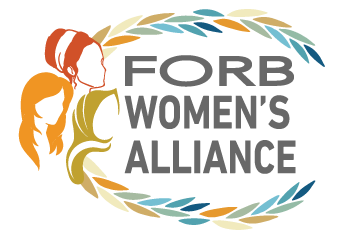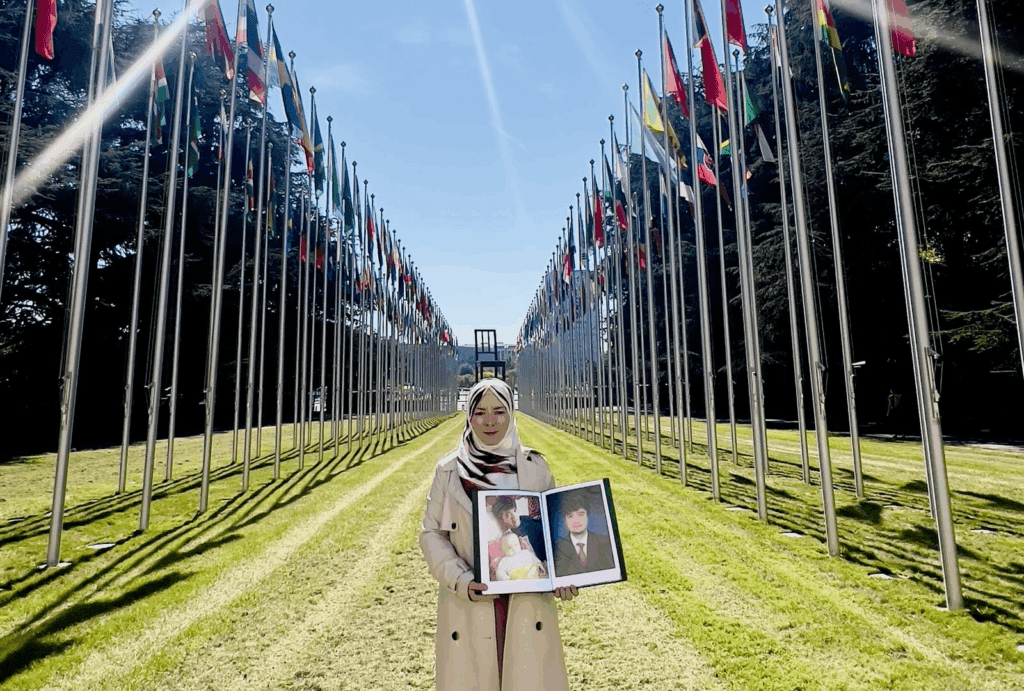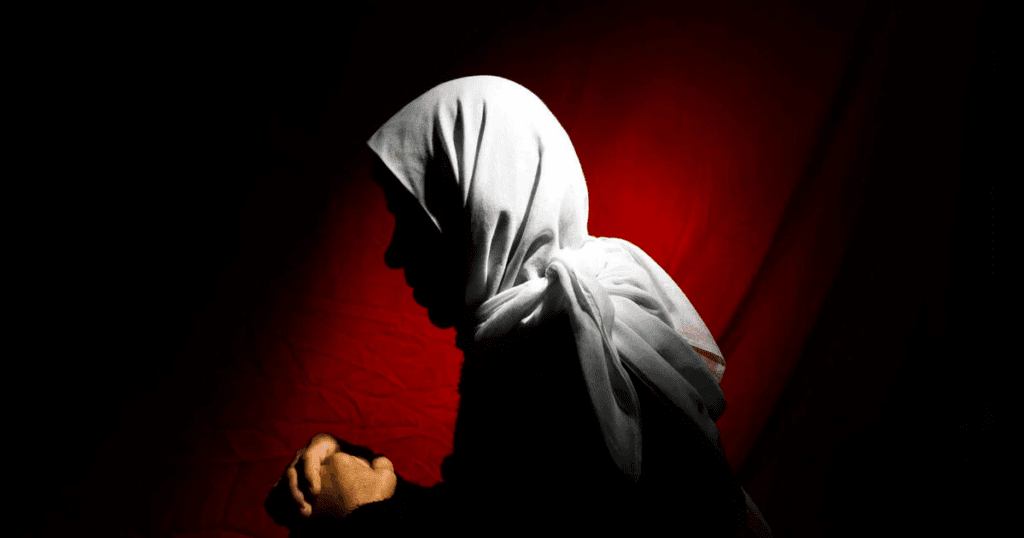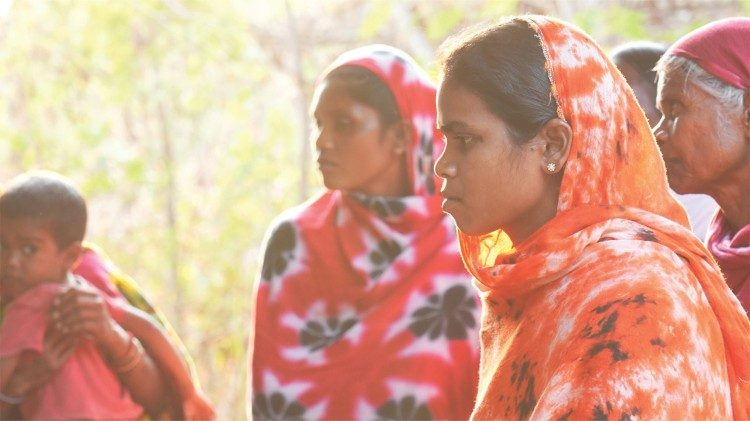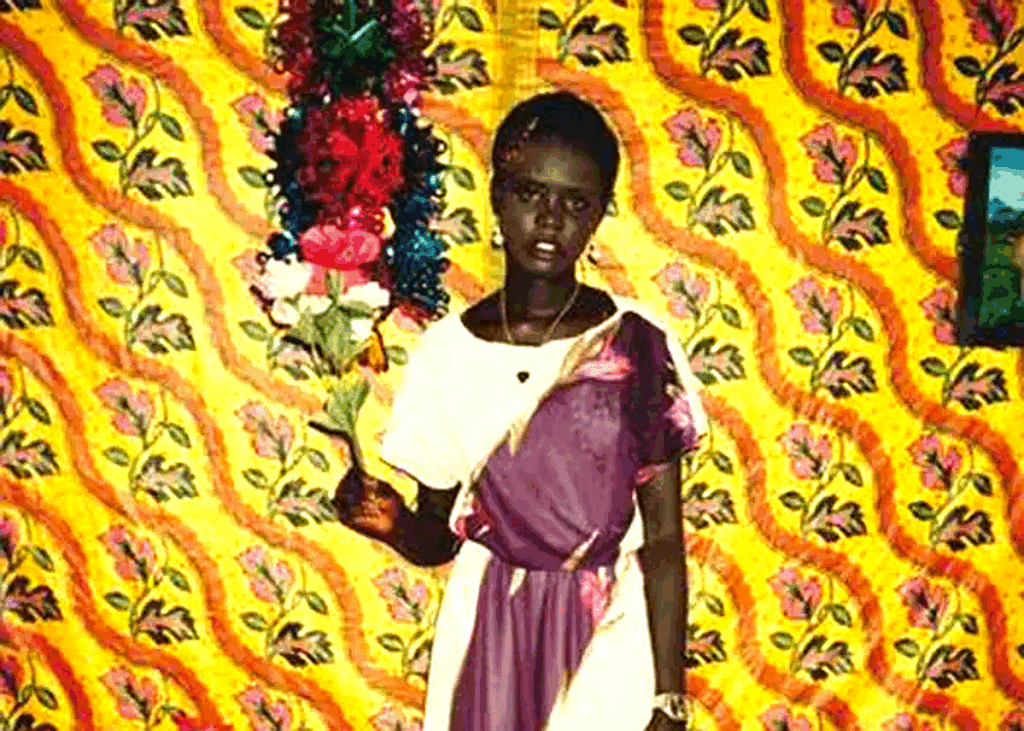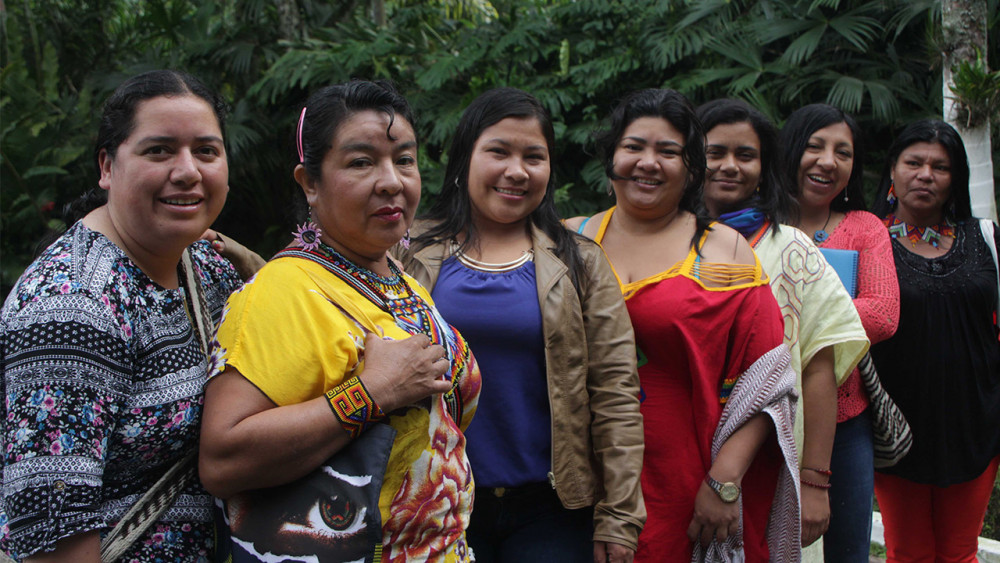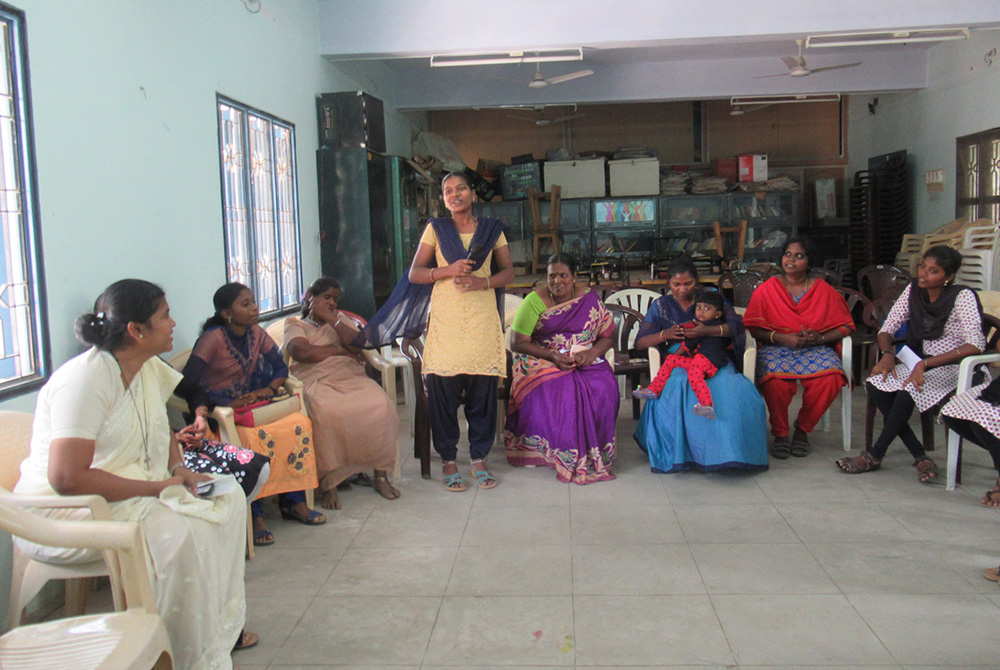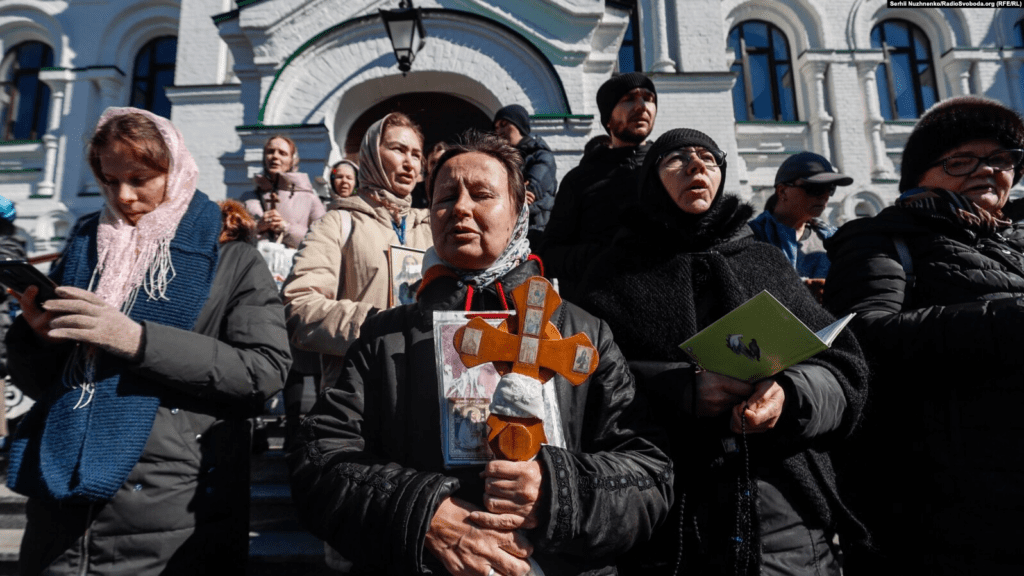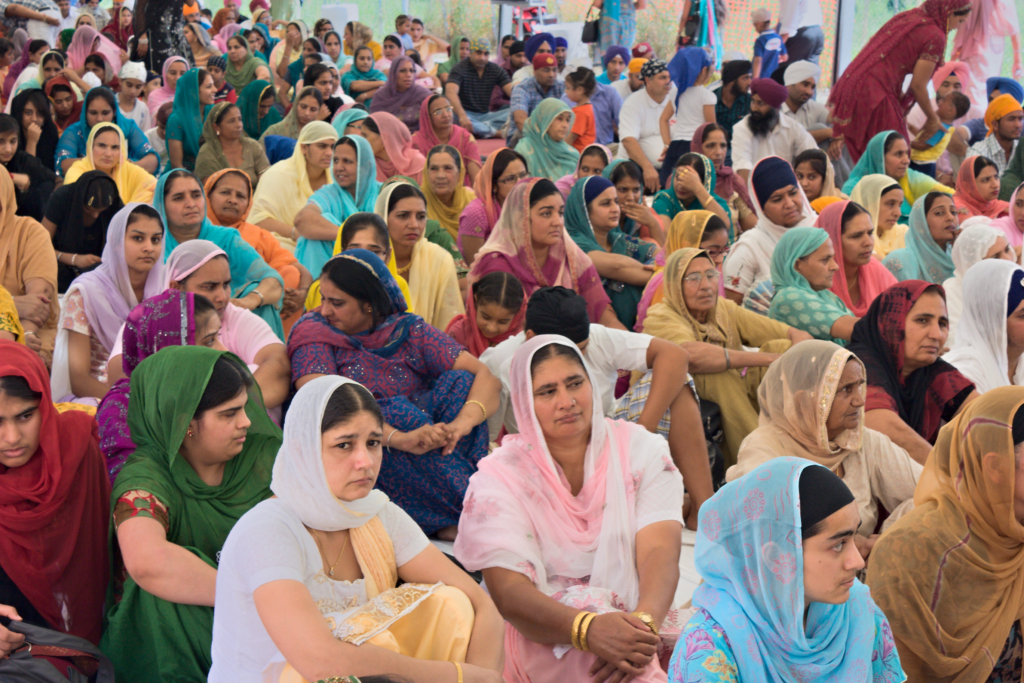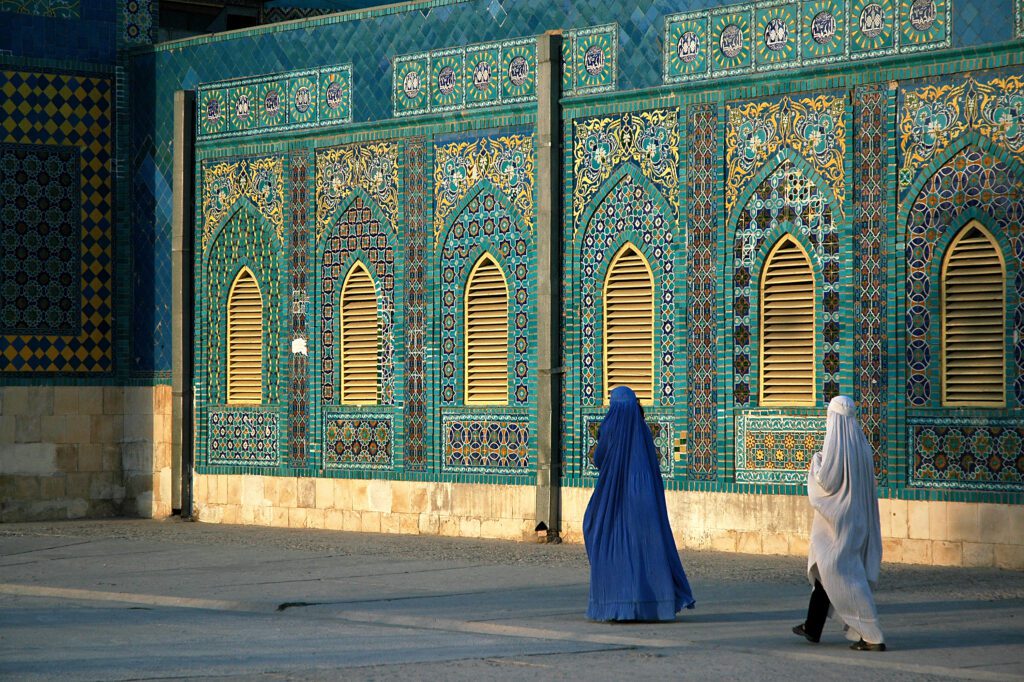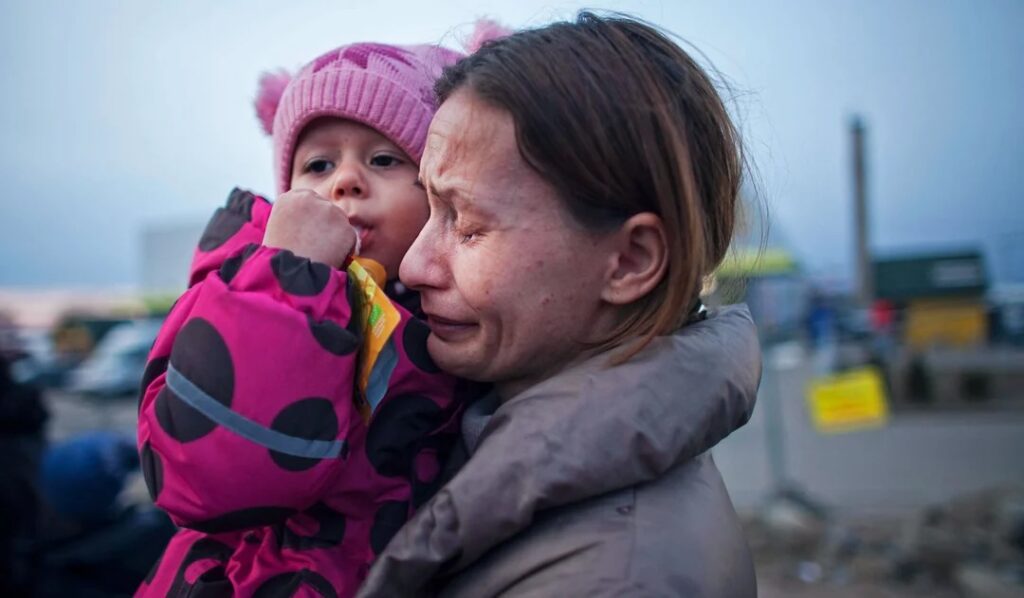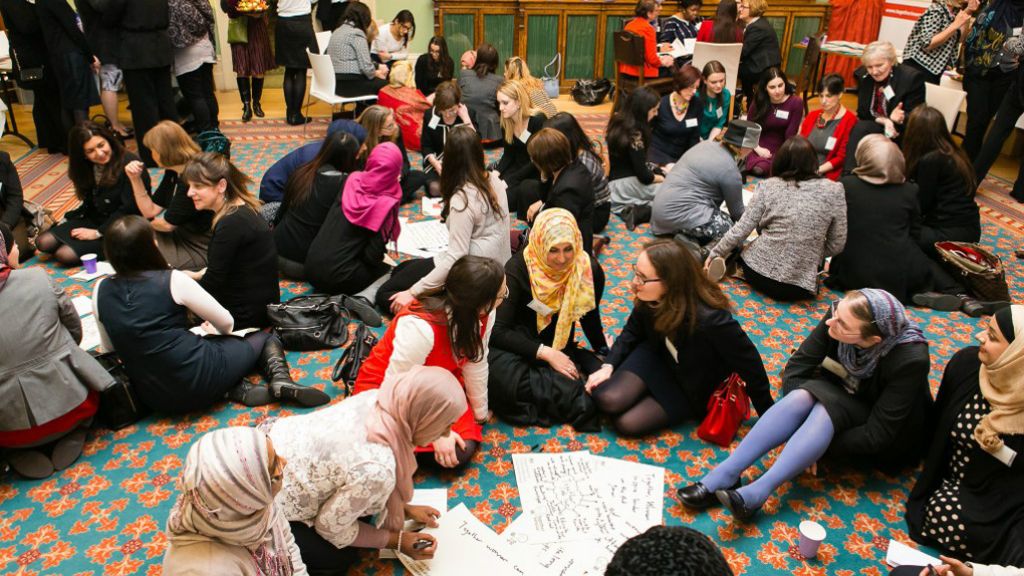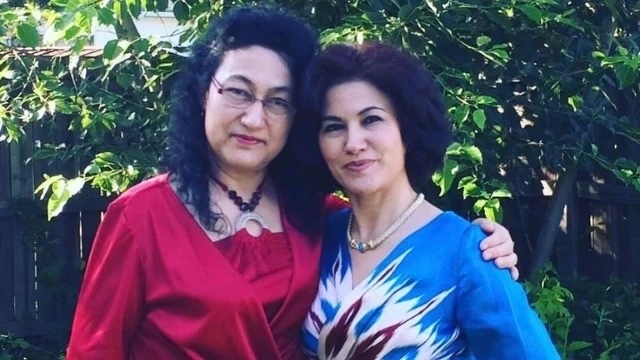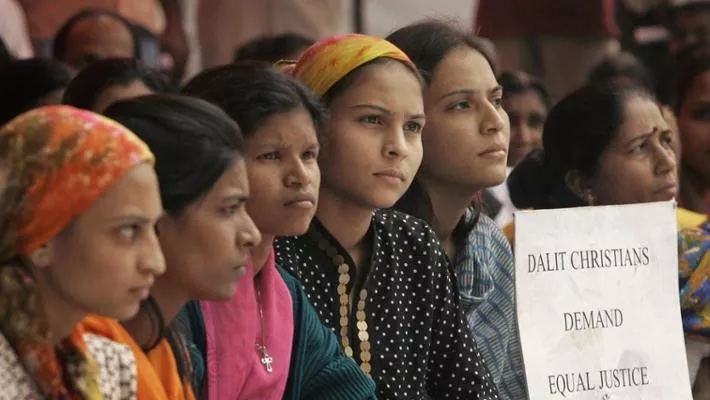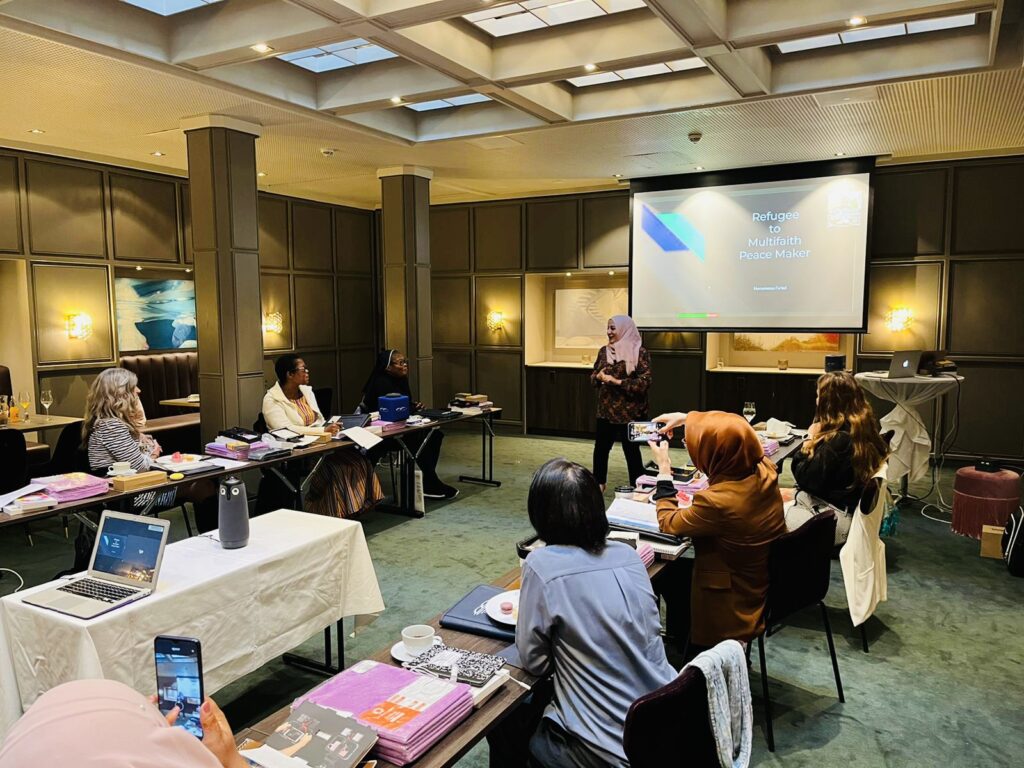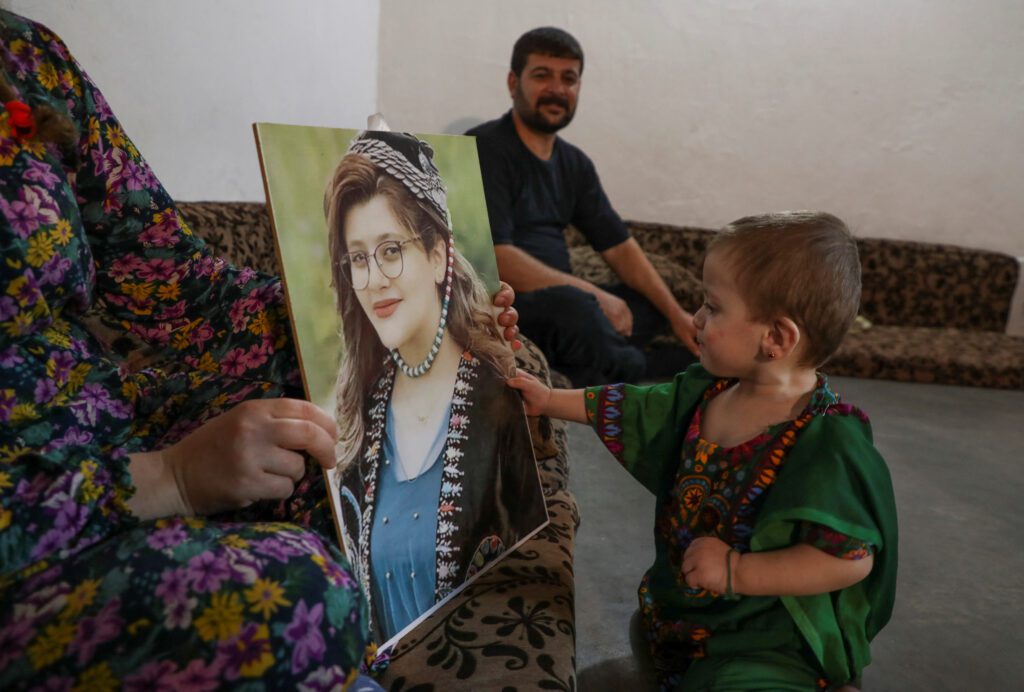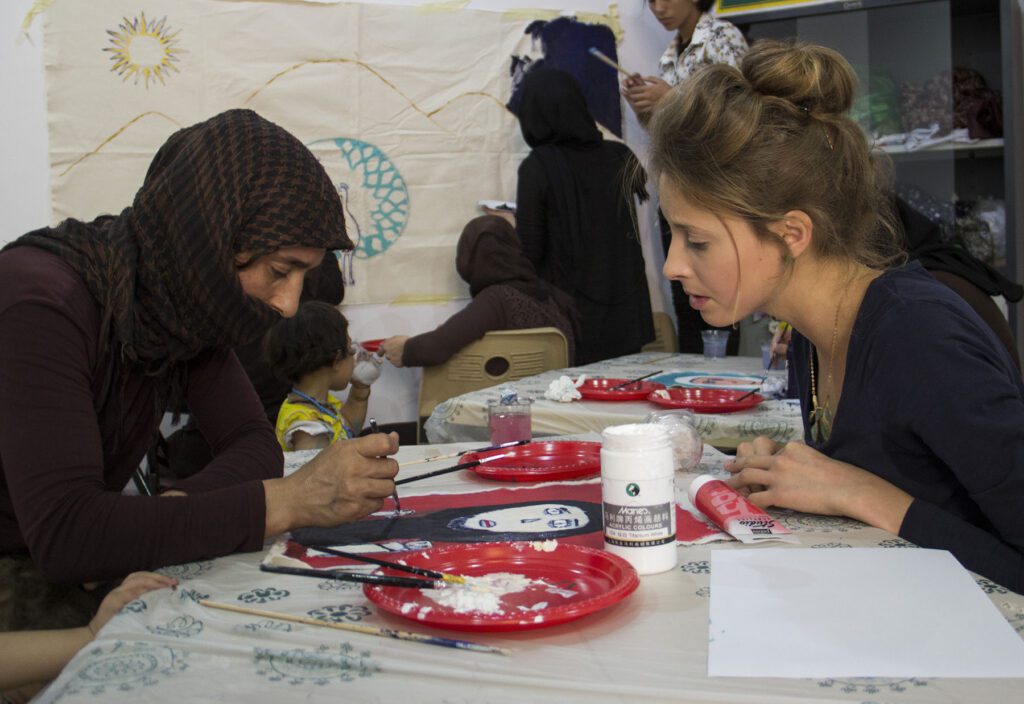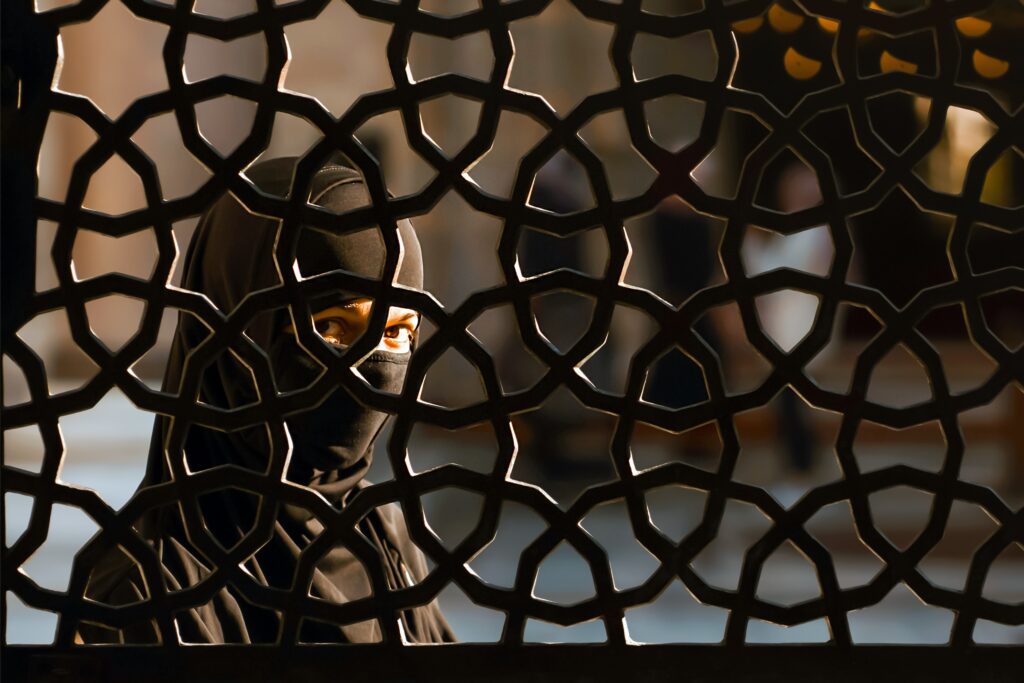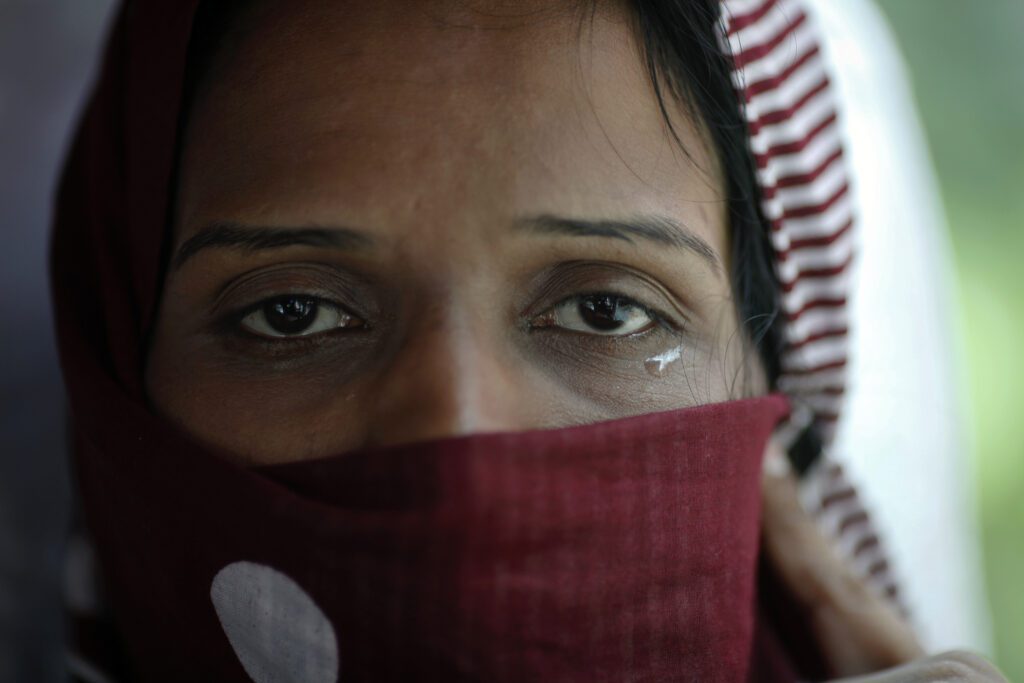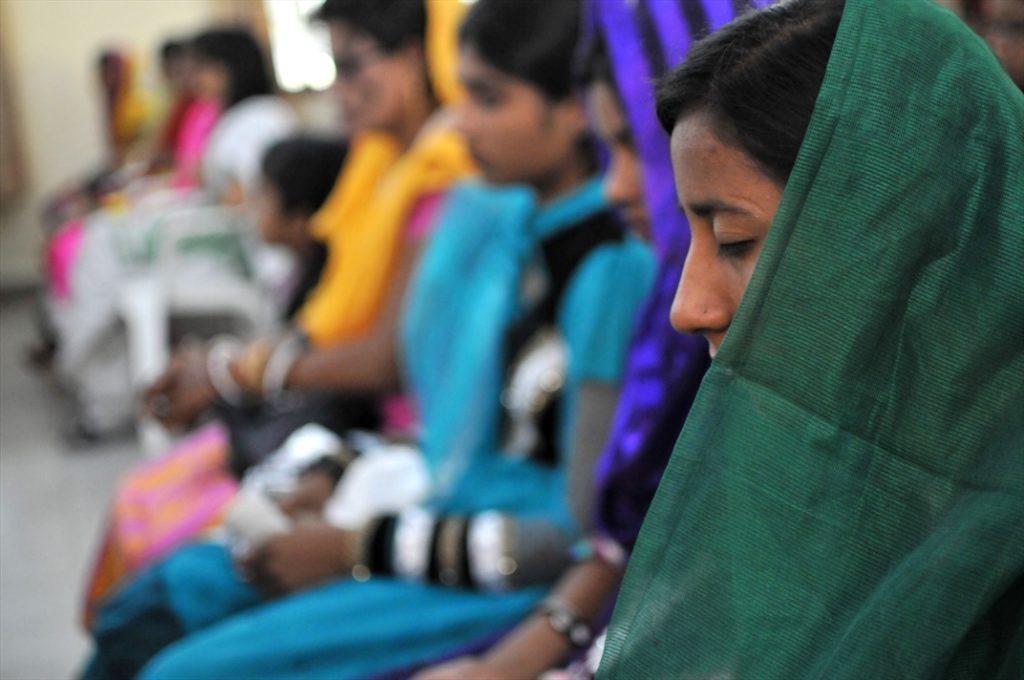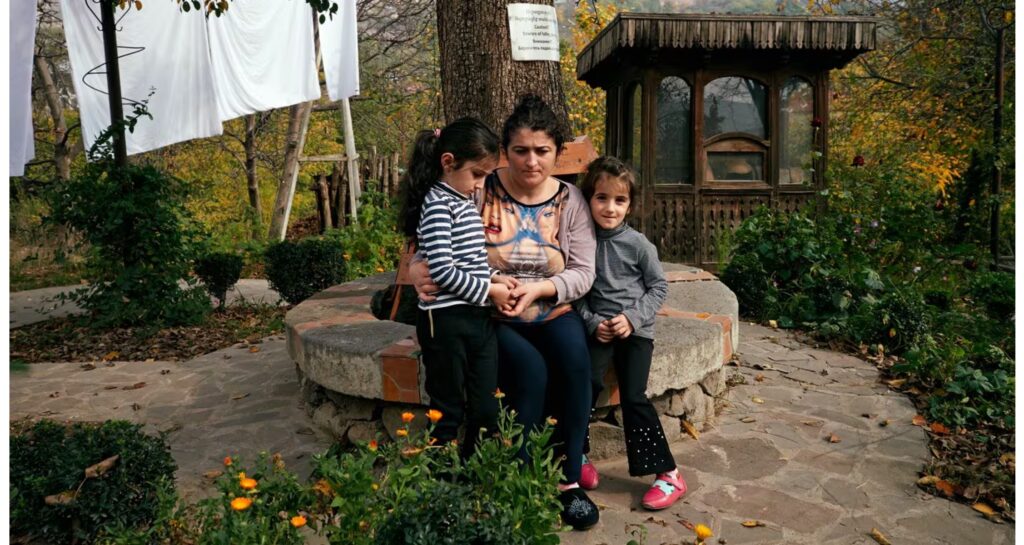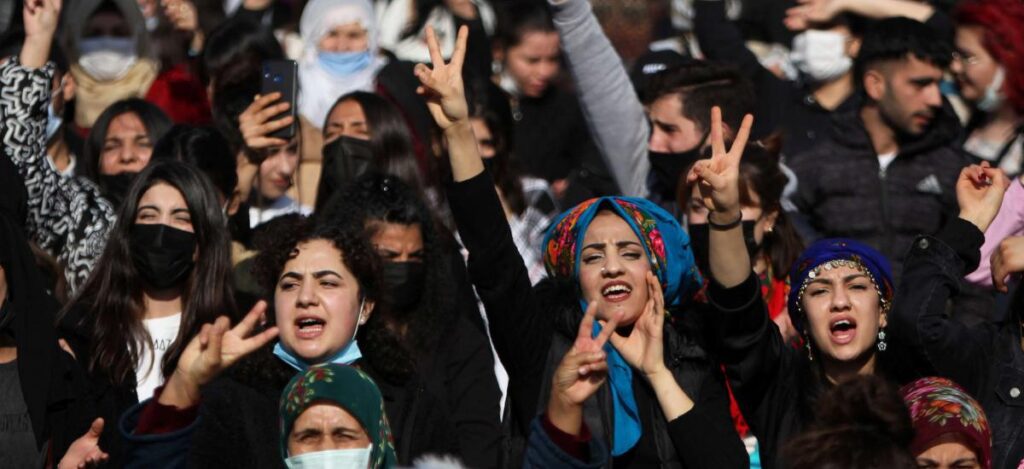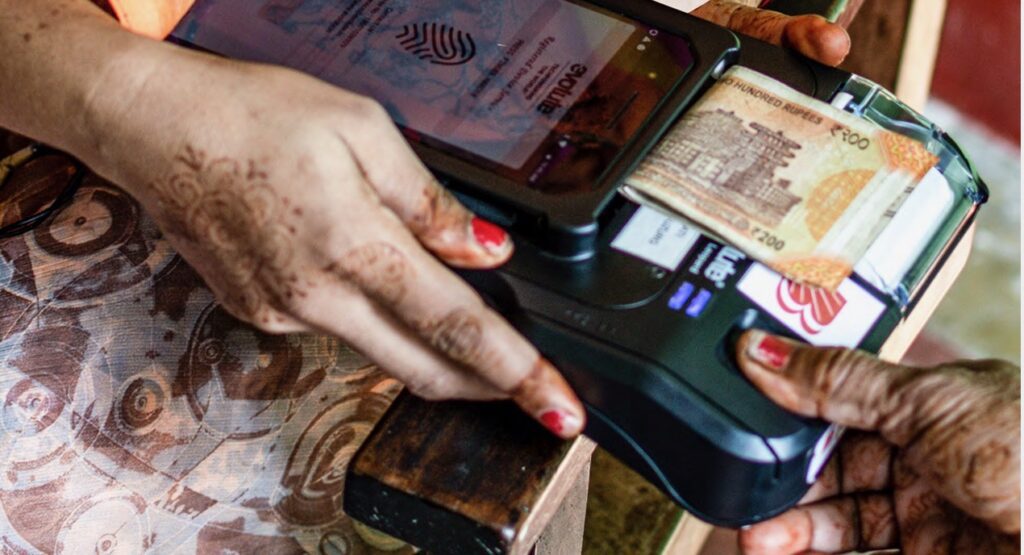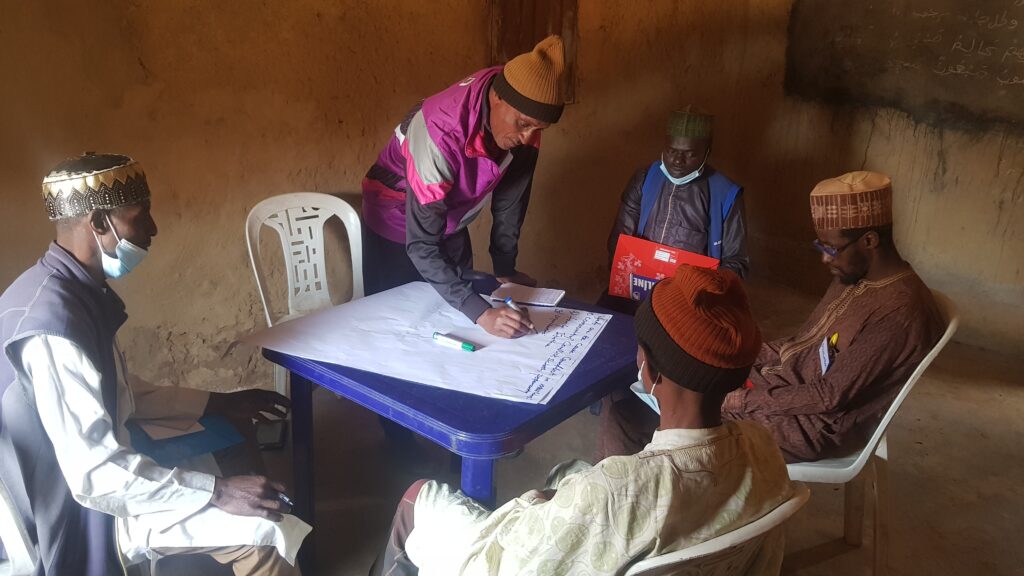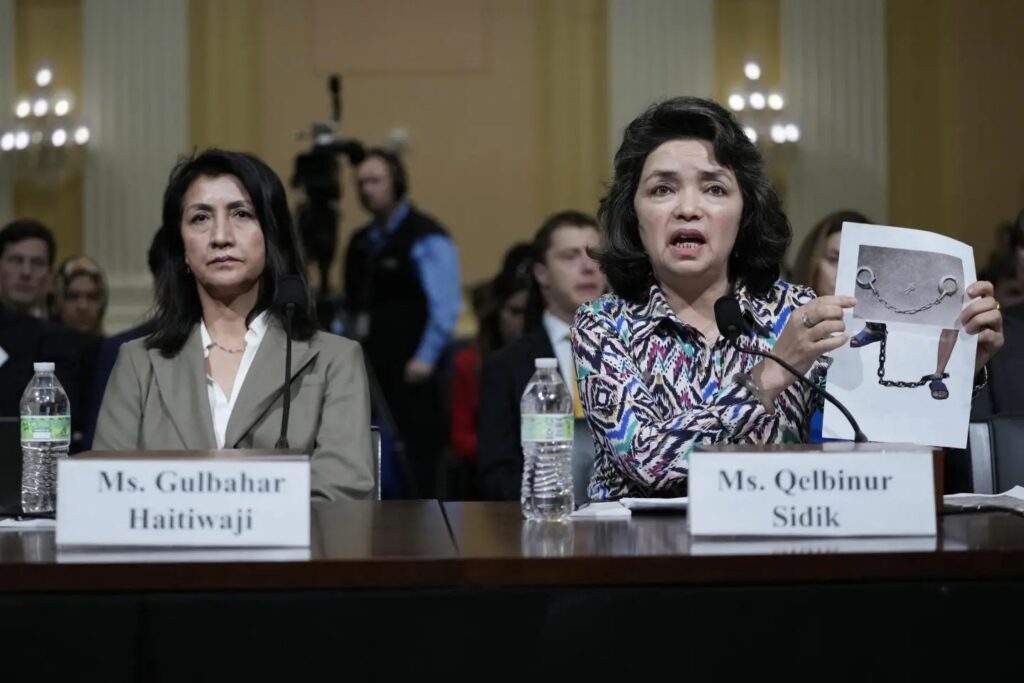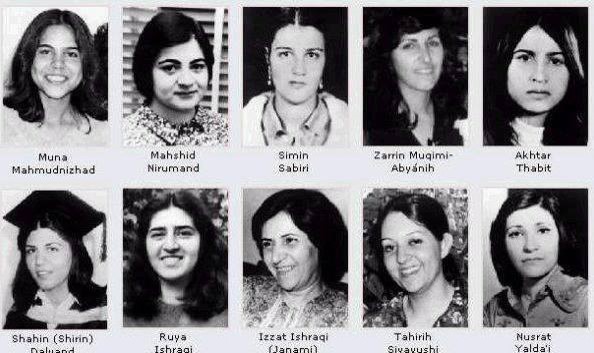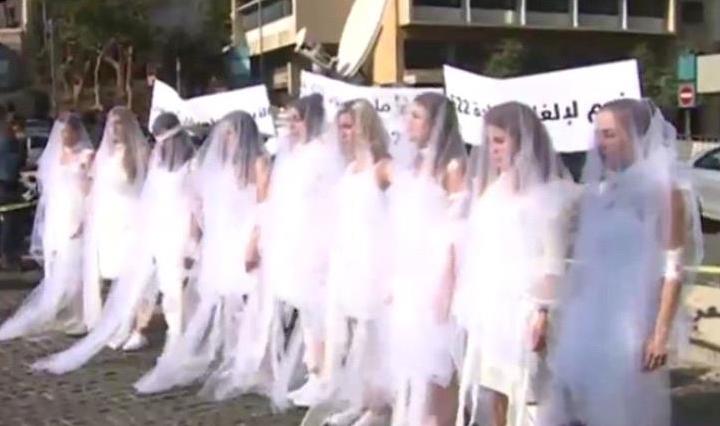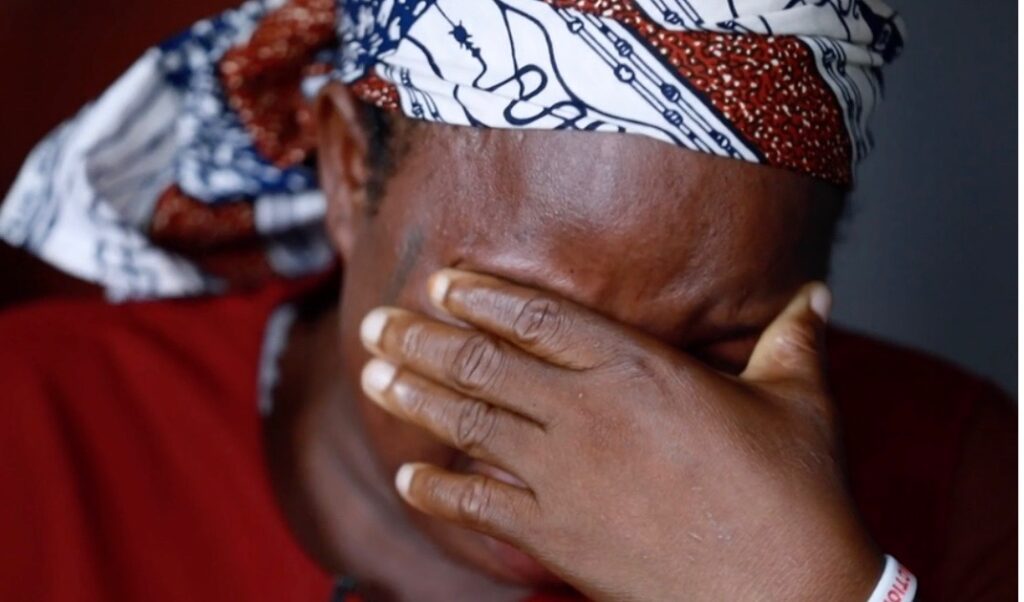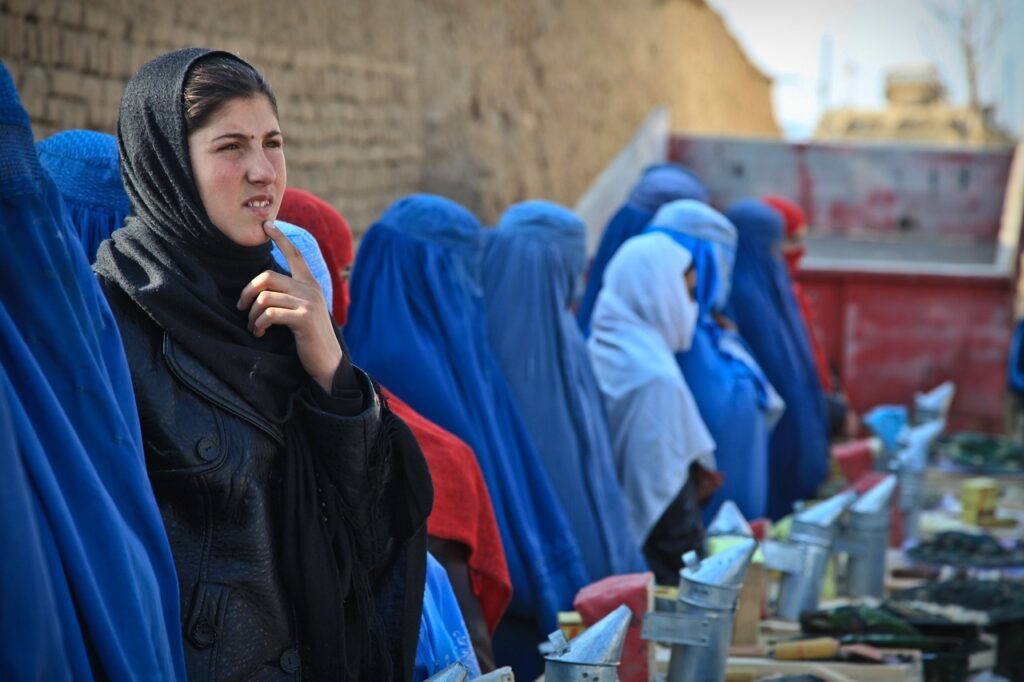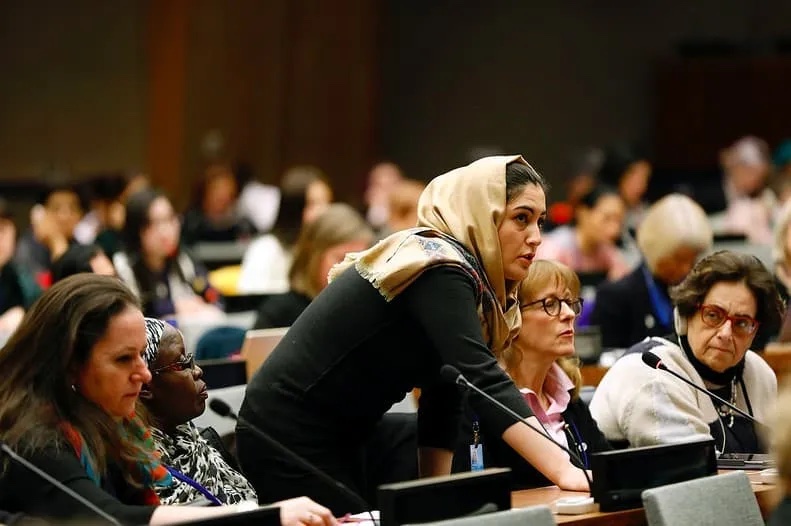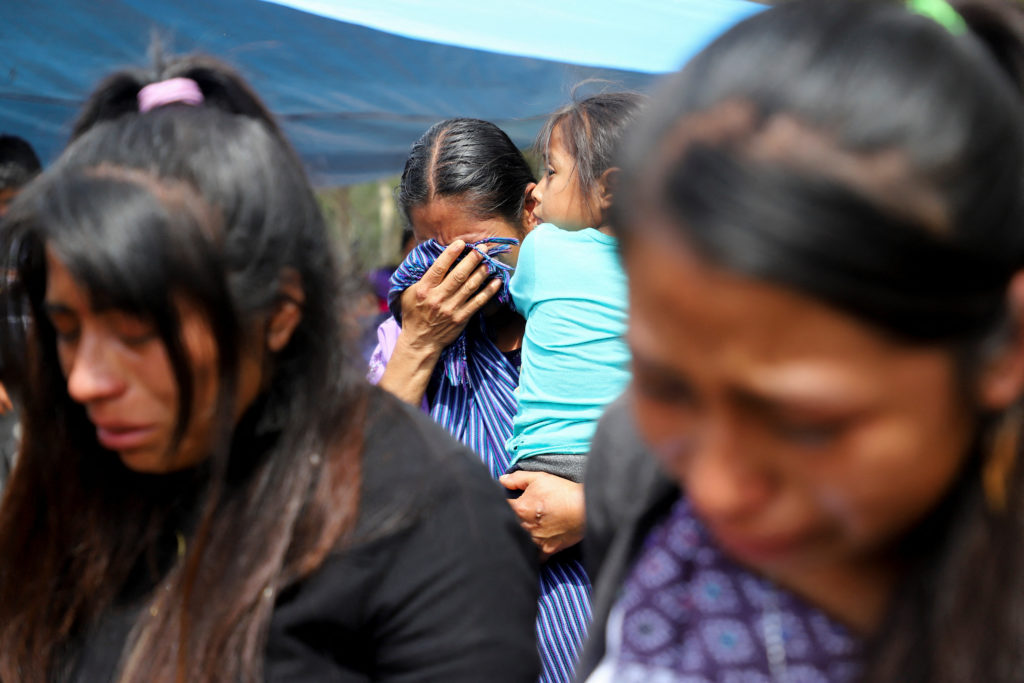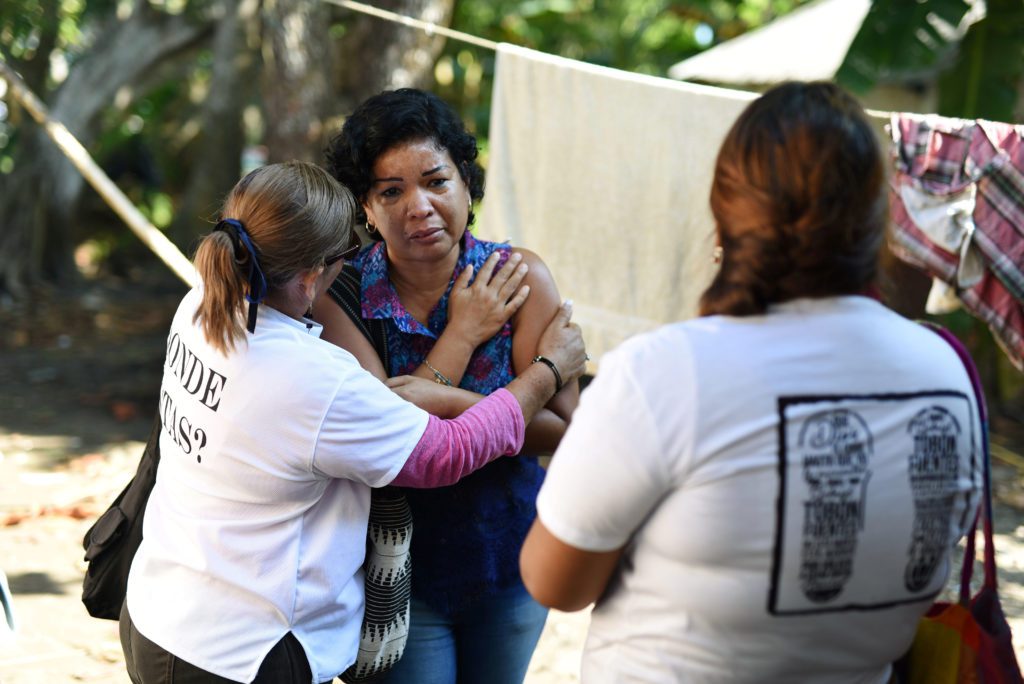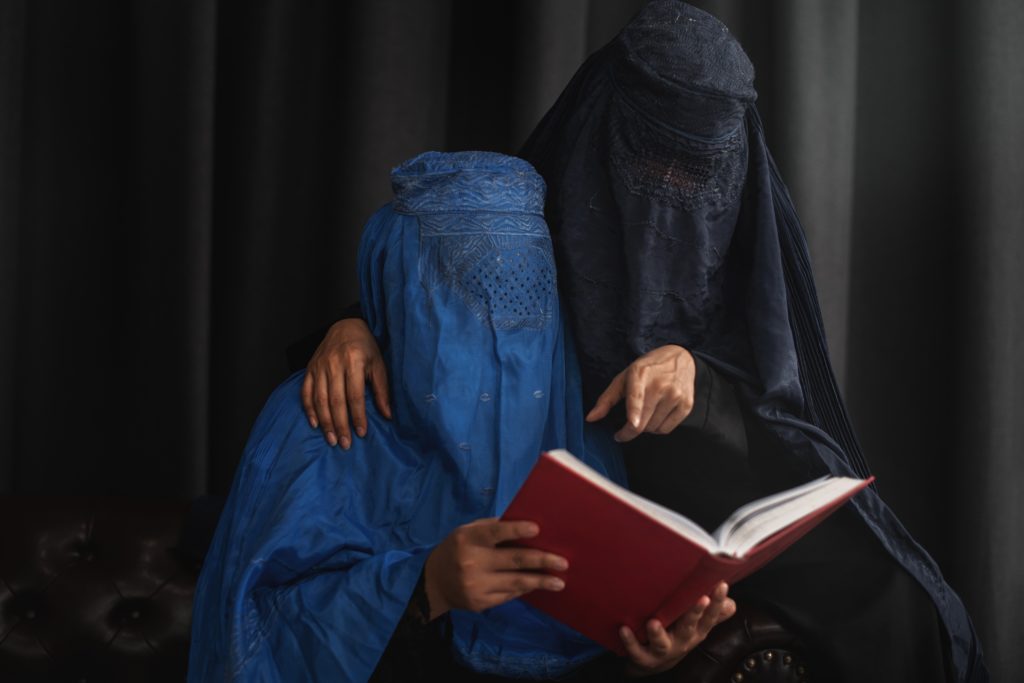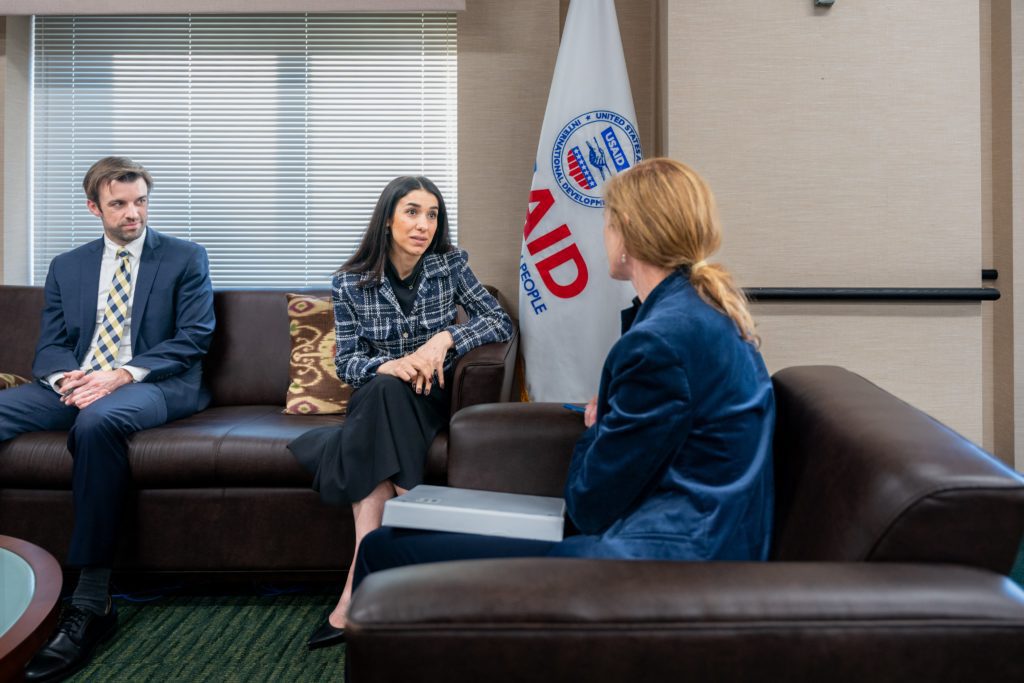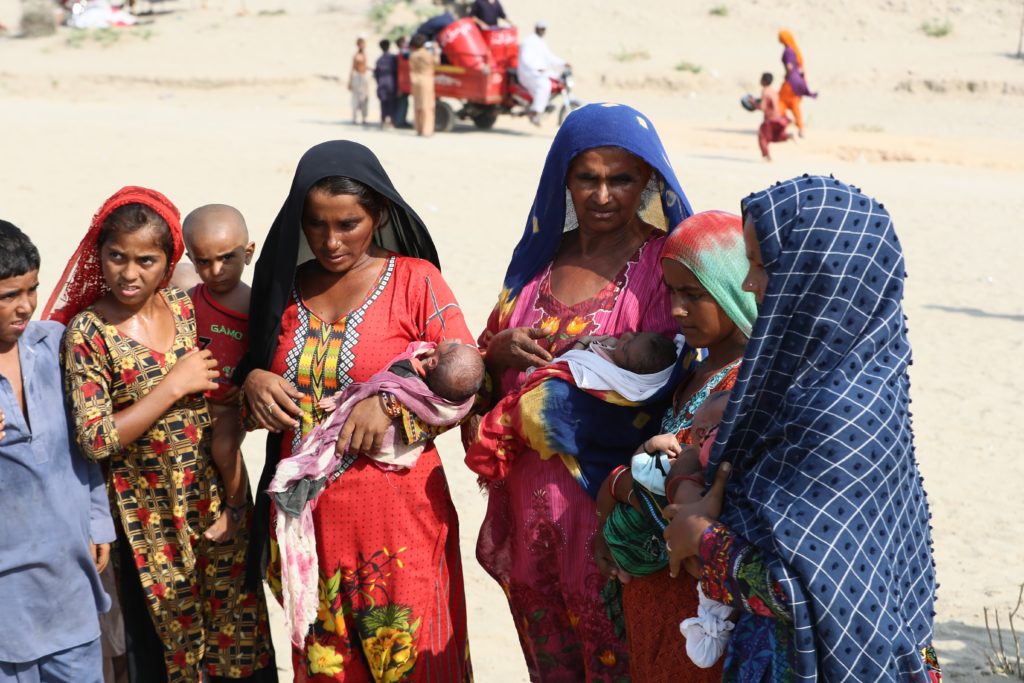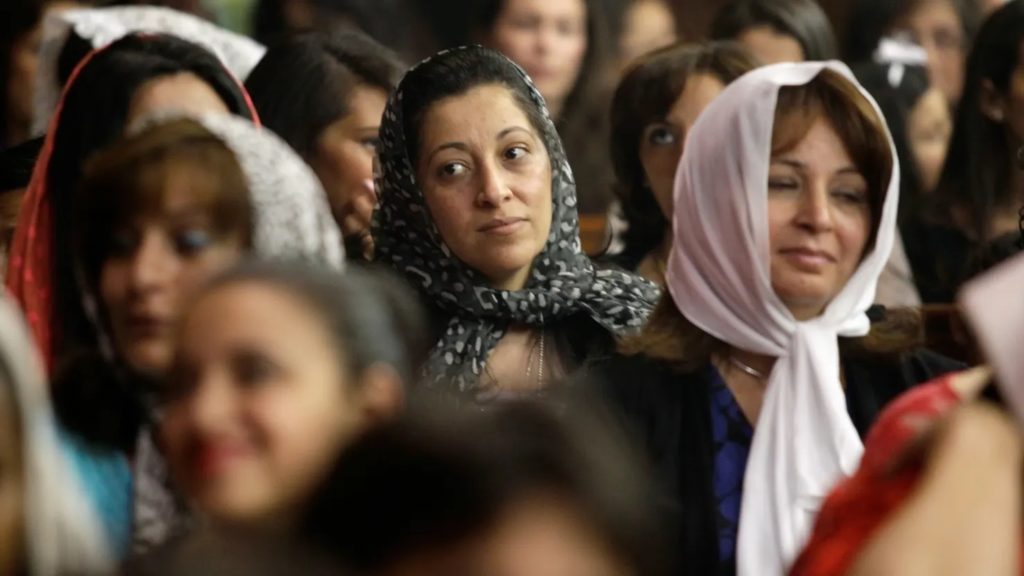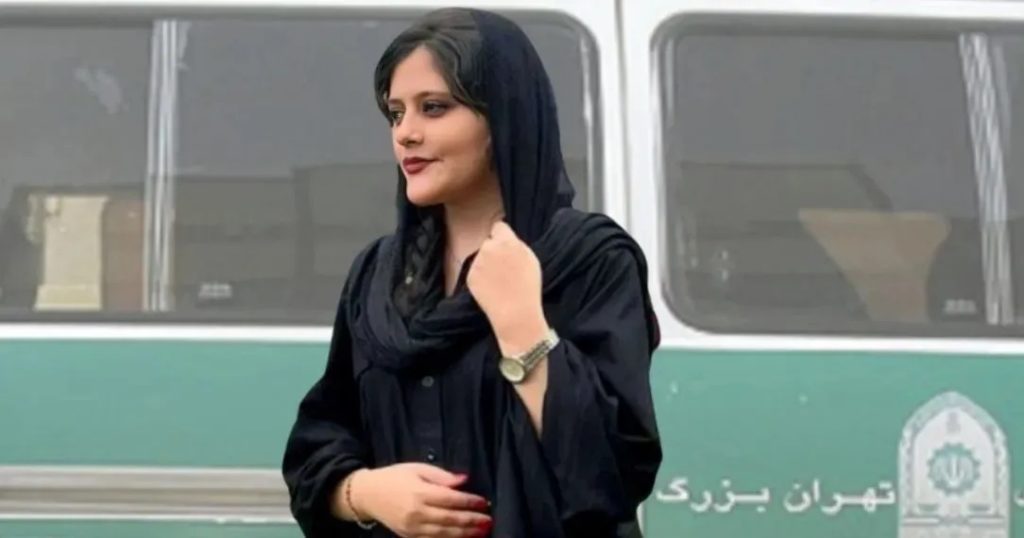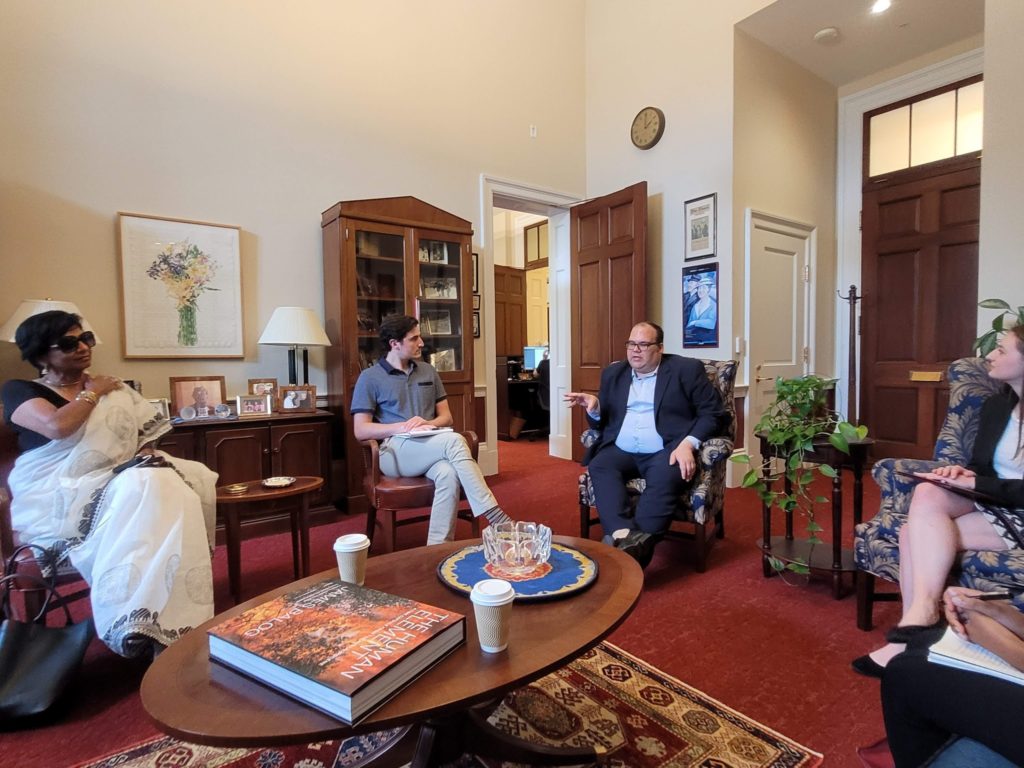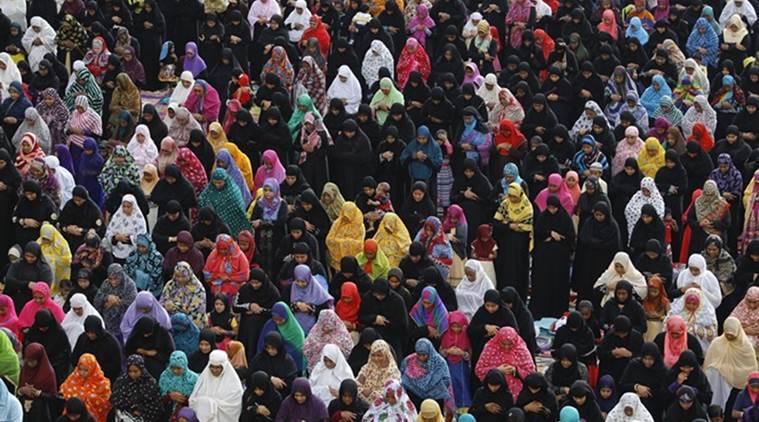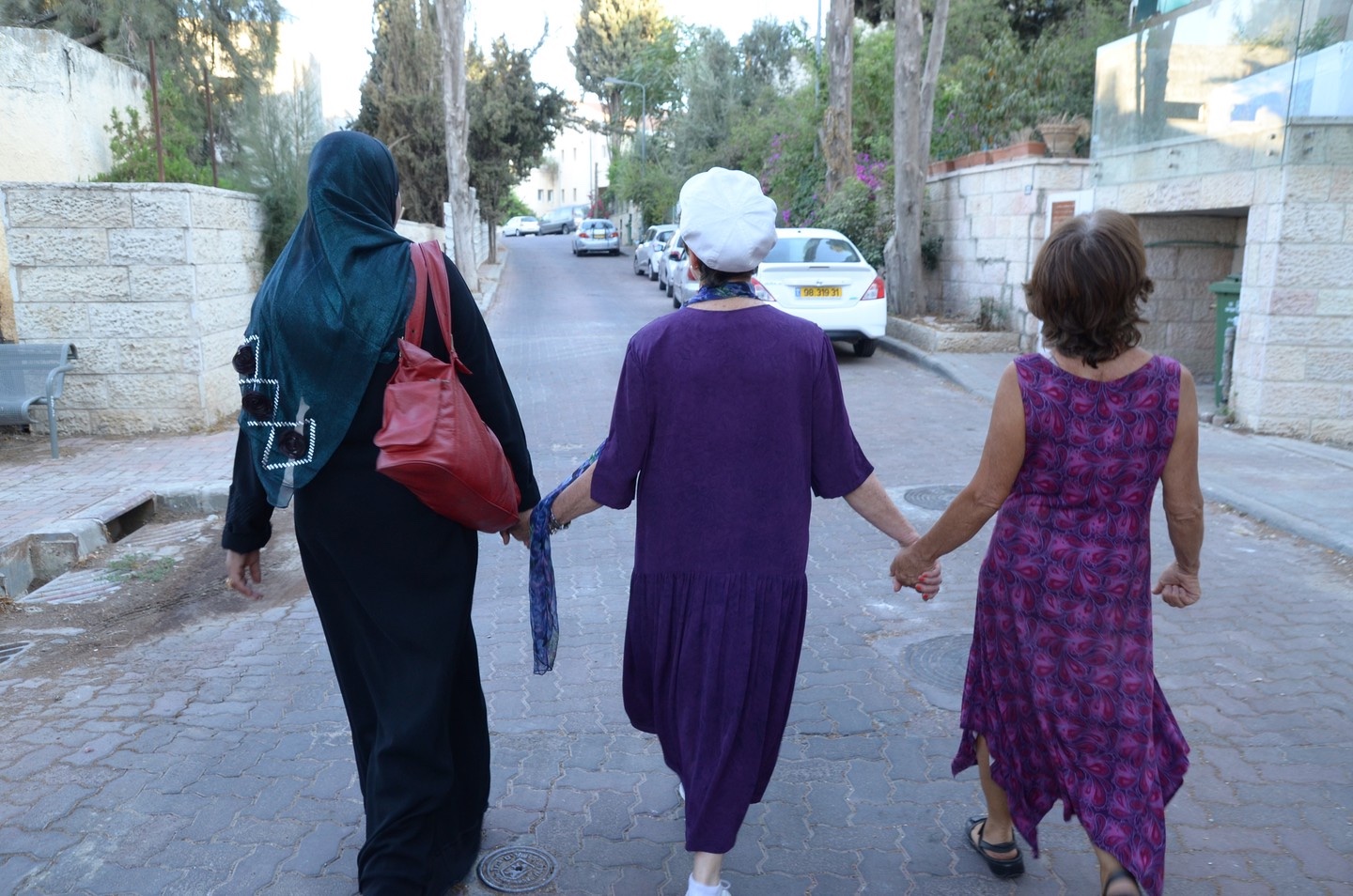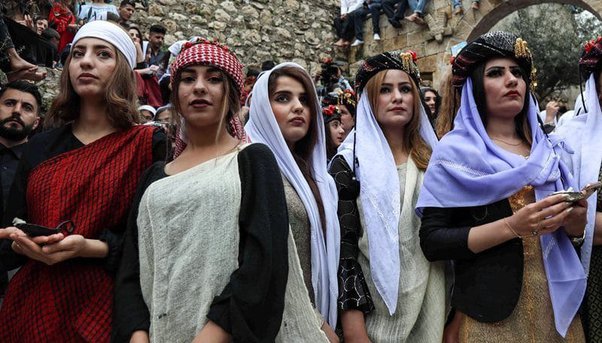In 2009 former President Jimmy Carter delivered a speech via remote video at the 2009 Melbourne Parliament of World Religions with a call to action on women, religion, violence, and power. Five years later President Carter made an important contribution with the publication of his book by the same title, A Call to Action: Women, Religion, Violence, and Power. President Carter was encouraged to write this book by a wide coalition of leaders of all faiths. This book covers a system of discrimination that extends to every nation. Carter said his interest in the plight of women and girls grew from his travels with his wife, Rosalynn, which took him to more than 140 countries.
Below is a transcript of remarks made by President Carter at the 2009 Melbourne Parliament of World Religions that are reprinted from Cartercenter.org. President Carter established the Carter Center in 1982 to prevent and resolve conflicts and push for human rights.
First, I want to thank Executive Director Dirk Ficca for making it possible for me to join you, even though remotely. I occupy a privileged position these days, best explained by a cartoon in The New Yorker magazine. (President Carter explains a cartoon about a boy who says “When I grow up, I want to be an ex-president.”)
No longer in public office, I am now able to receive exciting invitations like this, and also to speak without restraint on somewhat controversial subjects.
I am pleased to address the Parliament of World Religions about the vital role of religion in providing a foundation for – or correcting – the global scourge of discrimination and violence against women. As will be seen, my remarks represent the personal views of a Christian layman and a former political leader.
There are international agreements as well as our own Holy Scriptures that guide us:
Article 2 of the Universal Declaration of Human Rights states: “Everyone is entitled to all the rights and freedoms set forth in this Declaration, without distinction of any kind, such as race, color, sex, language, religion, political or other opinion, origin … or other status …”
The Holy Bible tells us that “There is neither Jew nor Greek, there is neither bond nor free, there is neither male nor female: for ye are all one in Christ Jesus.” (Galatians 3:28)
Every generic religious text encourages believers to respect essential human dignity, yet some selected scriptures are interpreted to justify the derogation or inferiority of women and girls, our fellow human beings.
All of us have a responsibility to acknowledge and address the gross acts of discrimination and violence against women that occur every day. Here are some well-known examples:
-
- Globally, at least one in three women and girls is beaten or sexually abused in her lifetime. (U.N. Commission on the Status of Women, February 2000)
- Our Carter Center has been deeply involved in the Republic of Congo. In war zones where order has broken down, horrific and sometimes lethal rape has become a tactic of warfare practiced by all sides.
- In a study in 2000, the U.N. estimated that at least 60 million girls who should be alive are “missing” from various populations, mostly in Asia, as a result of sex-selective abortions, infanticide or neglect.
- According to UNICEF, an estimated 1 million children, mostly girls, enter the sex trade each year and the U.N. estimates that 4 million women and girls are trafficked annually.
- In some Islamic nations, women are restricted in their movements, punished for permitting the exposure of an arm or ankle, deprived of education, prohibited from driving a car or competing with men for a job. If a woman is raped, she is often as severely punished as the guilty party in the crime.
- The same discriminatory thinking lies behind the continuing gender gap in pay and explains why so few women hold political office, even in most Western democracies.
You are all familiar with these facts, and I know you are considering the causes and possible solutions to this serious global problem.
There are clear indications that progress is being made in the secular world. We have seen women chosen as leaders in nations as diverse as India, Pakistan, Indonesia, Israel, Great Britain, Ireland, Chile, Germany, the Philippines, and Nicaragua. Their support came from citizens who are predominantly Hindu, Islamic, Jewish, and Christian, and include two of the three largest democracies on earth.
It is ironic that women are now welcomed into all major professions and other positions of authority, but are branded as inferior and deprived of the equal right to serve God in positions of religious leadership. The plight of abused women is made more acceptable by the mandated subservience of women by religious leaders.
Most Bible scholars acknowledge that the Holy Scriptures were written when male dominance prevailed in every aspect of life. Men could have multiple sex partners (King Solomon had 300 wives and 700 concubines), but adulterous behavior by a woman could be punished by stoning to death — then, in the time of Christ and, in some societies, 2009 years later.
I realize that devout Christians can find adequate scripture to justify either side in this debate, but there is one incontrovertible fact concerning the relationship between Jesus Christ and women: He never condoned sexual discrimination or the implied subservience of women. The exaltation and later reverence for Mary, as Jesus’ mother, is an even more vivid indication of the special status of women in Christian theology.
I have taught Bible lessons for more than 65 years, and I know that Paul forbade women to worship with their heads uncovered, to braid their hair, or to wear rings, jewelry, or expensive clothes. It is obvious to most modern day Christians that Paul was not mandating permanent or generic theological policies.
In a letter to Timothy, Paul also expresses a prohibition against women’s teaching of men, but we know – and he knew – that Timothy himself was instructed by his mother and grandmother.
At the same time, in Paul’s letter to the Romans, he listed and thanked 28 outstanding leaders of the early churches, at least 10 of whom were women. “I commend to you our sister Phoebe, a deacon of the church … greet Prisca and Aquila, who work with me in Christ Jesus … greet Mary, who has worked very hard among you… greet Andronicus and Junia, my relatives who were in prison with me; they are prominent among the apostles, and they were in Christ before I was … greet Philologus, Julia, Nereus and his sister, and Olympas, and all the saints who are with them.”
It is clear that during the early Christian era women served as deacons, priests, bishops, apostles, teachers, and prophets. It wasn’t until the fourth century that dominant Christian leaders, all men, twisted and distorted Holy Scriptures to perpetuate their ascendant positions within the religious hierarchy.
My own Southern Baptist Convention leaders ordained in recent years that women must be “subservient” to their husbands and prohibited from serving as deacons, pastors, chaplains in the military service, or teachers of men. They based this on a few carefully selected quotations from Saint Paul and also Genesis, claiming that Eve was created second to Adam and was responsible for original sin. This was in conflict with my belief that we are all equal in the eyes of God. The Roman Catholic Church and many others revere the Virgin Mary but consider women unqualified to serve as priests.
This view that the Almighty considers women to be inferior to men is not restricted to one religion or tradition. Its influence does not stop at the walls of the church, mosque, synagogue, or temple. Women are prevented from playing a full and equal role in many faiths, creating an environment in which violations against women are justified.
The truth is that male religious leaders have had – and still have – an option to interpret holy teachings either to exalt or subjugate women. They have, for their own selfish ends, overwhelmingly chosen the latter.
Their continuing choice provides the foundation or justification for much of the pervasive persecution and abuse of women throughout the world. This is in clear violation not just of the Universal Declaration of Human Rights but also the teachings of Jesus Christ, the Apostle Paul, Moses and the prophets, Muhammad, and founders of other great religions, all of whom have called for proper and equitable treatment of all the children of God. It is time we had the courage to challenge these views and set a new course that demands equal rights for women and men, girls and boys.
At its most repugnant, the belief that women are inferior human beings in the eyes of God gives excuses to the brutal husband who beats his wife, the soldier who rapes a woman, the employer who has a lower pay scale for women employees, or parents who decide to abort a female embryo. It also costs many millions of girls and women control over their own bodies and lives, and continues to deny them fair and equal access to education, health care, employment, and influence within their own communities.
Recently I presented my concerns to a group of fellow leaders known as The Elders, who represent practicing Protestants, Catholics, Muslims, and Hindus. We are no longer active in politics and are free to express our honest opinions. We decided to draw particular attention to the role of religious and traditional leaders in obstructing the campaign for equality and human rights, and promulgated a statement that declares: “the justification of discrimination against women and girls on grounds of religion or tradition, as if it were prescribed by a Higher Authority, is unacceptable.”
Having served as local, state, national, and world leaders, we understand why many public officials can be reluctant to question ancient religious and traditional premises – an arena of great power and sensitivity. Despite this, we are calling on all those with influence to challenge and change the harmful teachings and practices – in religious and secular life – that justify discrimination against women and to acknowledge and emphasize the positive messages of equality and human dignity.
